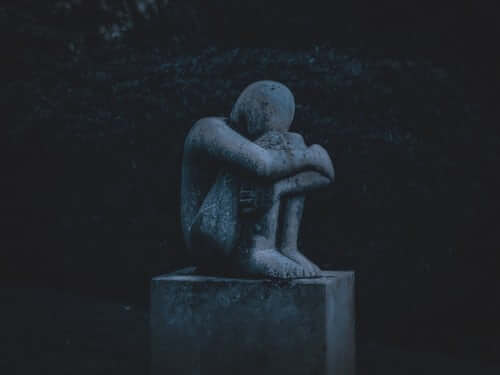Since the coronavirus outbreak began, medical science has understandably been most concerned with working out how to stop patients from dying. But there’s growing awareness that a SARS-CoV-2 infection can provoke severe long-term consequences as well, even for those who are never hospitalised.
Long-term effects of Covid-19
The lid was lifted on this phenomenon by Paul Garner, professor of infectious diseases and Director of the Centre for Evidence Synthesis in Global Health in Liverpool, UK. Garner is also a survivor of Covid-19
“Health professionals, employers, partners, and people with the disease need to know that this illness can last for weeks,” Garner wrote in a blog post for the British Medical Journal, seven weeks after being infected. “And the long tail is not some ‘post-viral fatigue syndrome’—it is the disease.”
In a later piece, Garner describes finally feeling better after six weeks of feverish illness, insomnia and exhaustion, and proceeding to do a gentle yoga class. The next day, he said, “I felt more exhausted than I had ever felt.” This from a man who also survived malaria and dengue fever.
Three months post-infection, Garner managed to go for a 5km walk. He couldn’t get out of bed the next day.
A participatory research survey of and by long-term Covid-19 sufferers backed Garner’s experience. Its 600 respondents nearly all reported cyclical occurrence of symptoms of varying type and intensity. Selection bias plays a role here, but of the respondents, 90% had not yet recovered; the group had an average time since infection of 40 days.
Interestingly, a common experience in this study was relatively minor symptoms during the first week, followed by intense pain, fatigue and difficulty breathing in weeks 2, 3 and 4.
Research from King’s College London has come up with similar results. About 10% of Covid-19 patients reporting their symptoms via its app report symptoms for three weeks or more.

Potential causes of coronavirus’s long-term symptoms
These stories square with the hypothesis of Akiko Iwasaki, a Professor of Immunology at Yale. Iwasaki believes the immune system may remain in a hyperactive state even after the virus has been ejected, potentially triggering chronic and systemic inflammation.
Alternatively, Nature suggested complications may result from micro-clotting of the blood in the capillaries. The lining of blood vessels contain the same receptor cells that the SARS-CoV-2 virus uses to break into the cells of the lungs (as do the kidneys).
In this view, the lungs are only the primary site of infection for the virus. They are far from the only part of the body affected.
Whatever the mechanism(s), these first-hand accounts of long-term suffering serve as a warning against complacency in the face of a second wave of the pandemic.